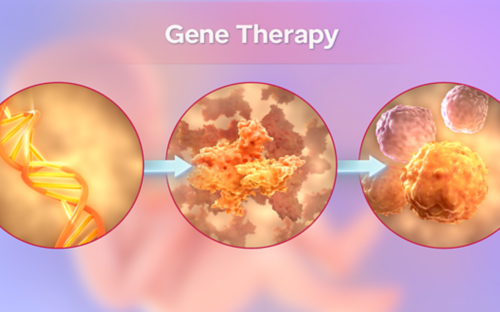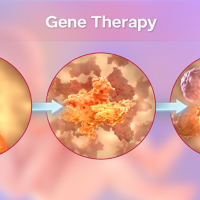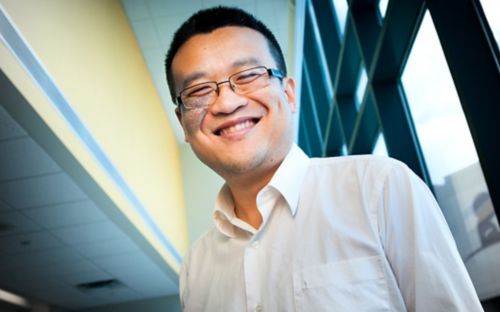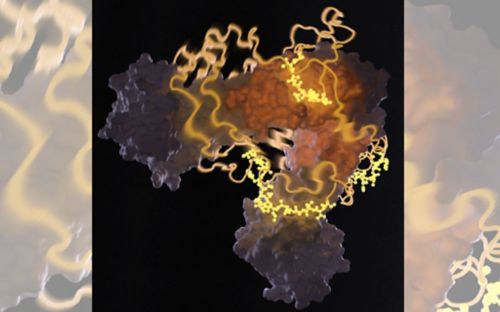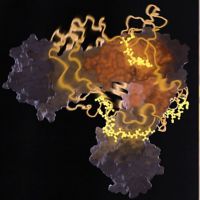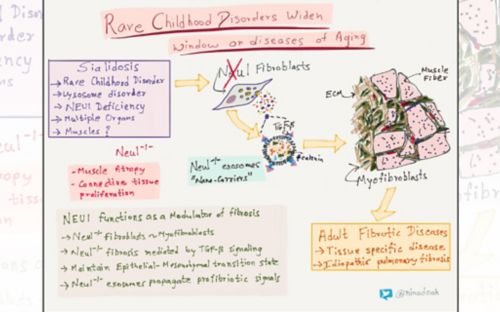St. Jude Family of Websites
Explore our cutting edge research, world-class patient care, career opportunities and more.
St. Jude Children's Research Hospital Home

- Fundraising
St. Jude Family of Websites
Explore our cutting edge research, world-class patient care, career opportunities and more.
St. Jude Children's Research Hospital Home

- Fundraising
Research
Learn about published research as well as leading-edge basic and translational research initiatives from St. Jude laboratories.
Importance of citations in scientific research: More than just bragging rights
Being highly cited means your research gets published in high-impact journals and reaches more people.
Smithsonian honors St. Jude visionaries for ‘bubble boy’ cure
Read how St. Jude researchers and clinicians used gene therapy to cure the diabolical bubble boy disease.
Proteins: Playing with molecular rubber duckies
Are you a match? Read how this molecule’s affinity to proteins can change according to water.
New analytical technique reveals the subtle genetic differences among cancer cells
Sequencing data gives insights into what’s going on in a cell. It’s a lot of information. Read how scientists are finding ways to cut through the information and find causes for disease.
Genetic sequencing: How do we put out the fires of genetically driven cancers?
Too much of a good thing? Read how genetic sequencing offers insights into the causes of some cancers, but the avalance of data creates a new set of issues.
Survivorship studies dig in on data
Read how cancer survivorship research reveals more about the late effects of treatment on children – and how the data can paint a more complete picture.
Research homes in on drug to dampen inflammation fueling life-threatening immune disorder
Researchers have promising information that ruxolitinib may help treat a devastating auto-immune disorder.
Separating fact from fiction using pharmacogenetics
Improving understanding of drugs and how the body reacts to them - - Read how science is improving understanding of genes and medication.
Chaperones: probing the structural secrets of the cell’s front-line protein protectors
Read how this protein, called a chaperone, does more than simply monitor the intracellular dance of protein folding – it protects them from going awry.
Rare childhood disorders widen window on diseases of aging
Read how extremely rare genetic childhood diseases offer clues about understanding neurodegenerative disorders common with aging.


